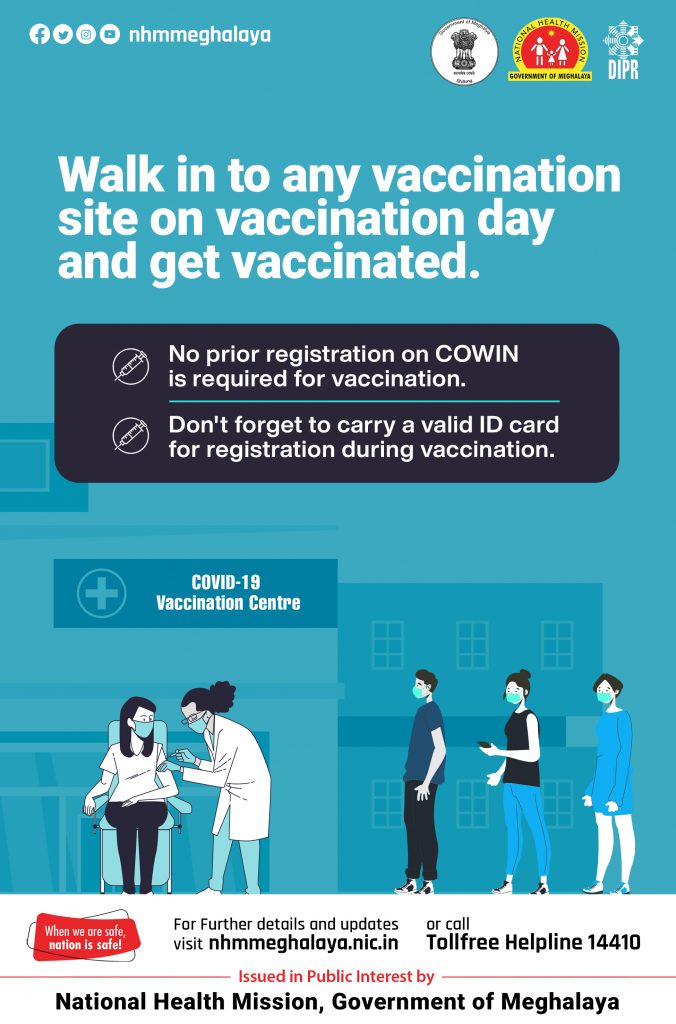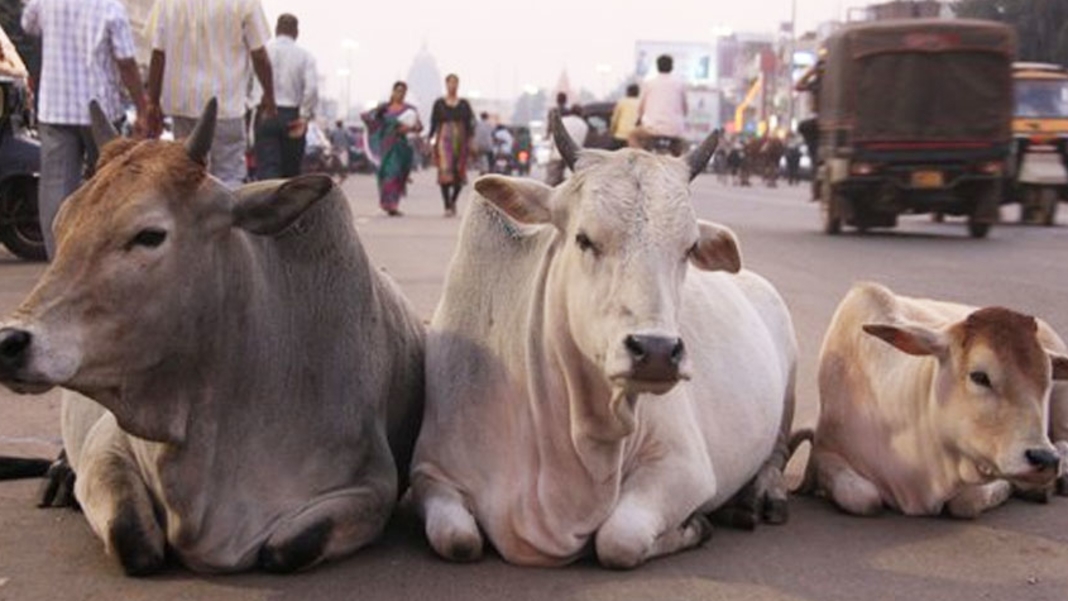Shillong, Sept 3: Meghalaya is concerned over Assam’s passing of the Cattle Preservation Bill and is trying to work out ways by which it can continue to transport cattle into the State to meet the demand of meat consumers.
Principal Secretary, Animal & Husbandry, GHP Raju said that the department has studied the Bill and are thinking of writing to the Assam government that Section 7 is in contradiction to the Government of India instructions.
The department has also thought of another solution, viz. if it is required they will come up with a notification authorizing their own local traders.
“So our animal husbandry department will surely come up with a notification by next week. If permit is required temporarily we will issue the permit to our legitimate traders who are our locals,” stated Raju.
The animal husbandry department wants to ensure that the permit is given to legitimate traders and due verification will be carried out. The principal secretary said that they want to ensure that the legitimate cattle traders in the state should not be put to inconvenience.
“Another is those who have the tendency to smuggle out the cattle bringing from outside should be identified and stopped. So these two objectives by next week, I’m very sure we will come up with a notification because we have studied the existing norms of the Government of India, norms given by the government of Assam and existing our own norms,” said Raju.

Concerns on Section 7
On the concerns about Section 7 of the Bill, he said Section 7 makes it mandatory to carry a transit, which has two issues.
“One is the transit pass for any vehicle carrying cattle through Assam. Section 7 mandates that they will permit trucks to transport cattle provided there is a transit pass issued by the competent authority in Meghalaya,” explained Raju.
He added that the Bill’s claim is to prevent the smuggling of cattle. So any vehicle passing through Assam has to have a valid pass. “As of now there are two passes which are mandated by the Government of India – one is that suppose you are bringing cattle from Bihar, then the local authority animal husbandry authority in Bihar have to certify that cattle is fit to travel, healthy and is not having any disease and it is vaccinated that’s the Government of India regulation, the Bihar authority has to give that certificate,” mentioned Raju.
Another certificate mandated by the GOI is that if a truck is used for transportation, the provider had to provide that these cattle are vaccinated and fit to travel.
The animal and husbandry department are not sure if the Assam government has taken these two directions of the Government of India into account.
When asked about the fears among traders or being harassed, Raju urged the traders or those involved to get in touch with him. He requested all legitimate cattle traders to take his number, if it is required, and to call him if there is any harassment by any authority in Assam while transiting.
Cattle smuggling to Bangladesh
On the measures to deal with the rampant smuggling at the international border with Bangladesh, Raju said there are two agencies directly involved with prevention of the smuggling of the cattle one is the BSF which is guarding our international .
The department will be holding a meeting with the BSF authorities of this area to tighten especially the checking on the international border so that no smuggling shall be permitted. According to the department the meat price has been jacked up, not due to non availability but because of the smuggling.
Since the BSF has a great role to play in preventing the smuggling, the principal secretary now aims to include all the districts having the international border starting with East Jaintia Hills, West Jaintia Hills, East Khasi Hills, South West Khasi Hills, South Garo Hills, the Superintendent of Police (SPs) will be sensitized about the importance of lessoning with the BSF and helping the BSF in on ways to check the vehicles carrying the cattle or the cattle that are on foot.
Raju added that the police can assist the BSF upon verifying that the cattle traders are not legitimate, to immediately seize them.
According to Raju, prior to the last two months the BSF seized nearly around 440 cattle all along the 400 kilometers of the international border with Bangladesh.





